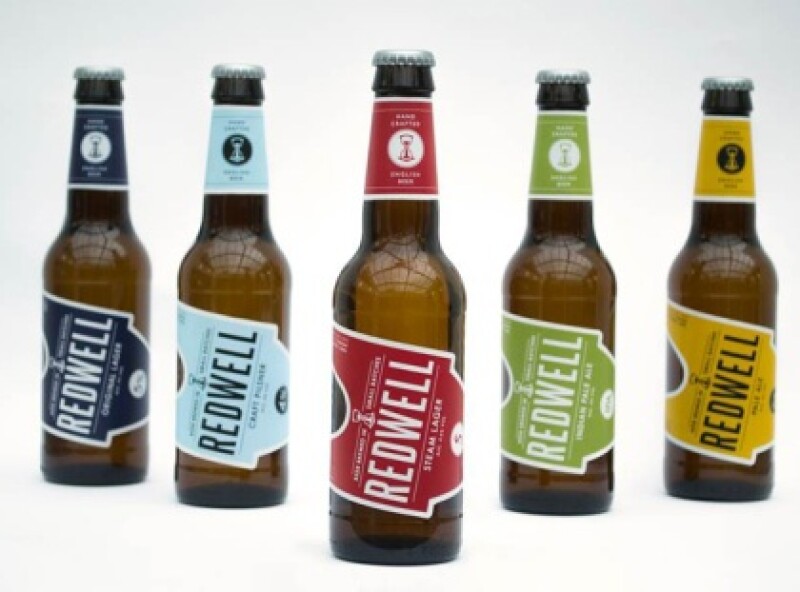
Company A applies for a number of trade marks, specifying goods and services in five classes. Company B writes a letter to Company A. The contents are not entirely clear, but it is most likely flagging up its own rights in a similar mark for some of those goods/services, ahead of possibly filing an opposition. After considering the request, Company A amends its applications and the companies sign a coexistence agreement.
This happens around the world every day in trade mark land, without any fuss.
Except it’s August. There’s not much news around and, for many people, not too much work to do. And when Company A is a local brewery with just eight staff and Company B is a multinational corporation also associated with high-profile sports teams and events, a few people pay attention. The BBC gets hold of extracts from the letter, and the resulting article becomes one of the top 10 on its homepage. The Daily Mail website receives hundreds of outraged comments. It is reported that Company B wants to put Company A out of business, and is seeking to monopolise a common word. Twitter users rally. Insults are hurled. Boycotts are threatened.
Company A (Redwell Brewery) is happy to speak to the media and comment on twitter, but Company B (Red Bull – or RedBully as some called it) says nothing. Finally, late in the afternoon, it puts out a terse statement saying it is “willing to allow” Company A to maintain its mark so long as it does not use it for energy drinks.
The two parties have now apparently resolved the dispute, which presumably concerned two trade mark applications Redwell had made at the UK IPO (numbers 3007392 and 3007386 - a series of six) covering goods and services in classes 16, 32, 33, 40 and 41. Notably, the specified goods in class 32 included “mineral and aerated waters” and “non-alcoholic drinks”.
But in the meantime Red Bull lost a lot of goodwill, which is a pity. We all know that such brands take years to build up and, sadly, there are counterfeiters and scammers who try to take advantage of them and their customers. Red Bull has always taken a robust position against fakes and frauds, and is probably stronger for it. It looks like it made a misjudgement in this case, though. So what lessons can be learned?
Here are three. First, when writing a letter ahead of legal action to an unfamiliar party, don’t assume it will remain confidential; ask yourself: would I be happy for this to go viral? Second, particularly when dealing with small companies, think about the potential repercussions and consider alternative approaches. Even if you decide to go the C&D route, sometimes the polite or gentle approach may be more effective than an aggressive stance. Third, when the backlash starts, be prepared to stand up, clarify your position, engage with critics and if appropriate, admit mistakes. That may be hard, and may be contrary to what lawyers are used to doing, but the alternative is going to be far worse.









